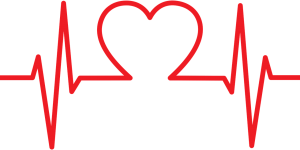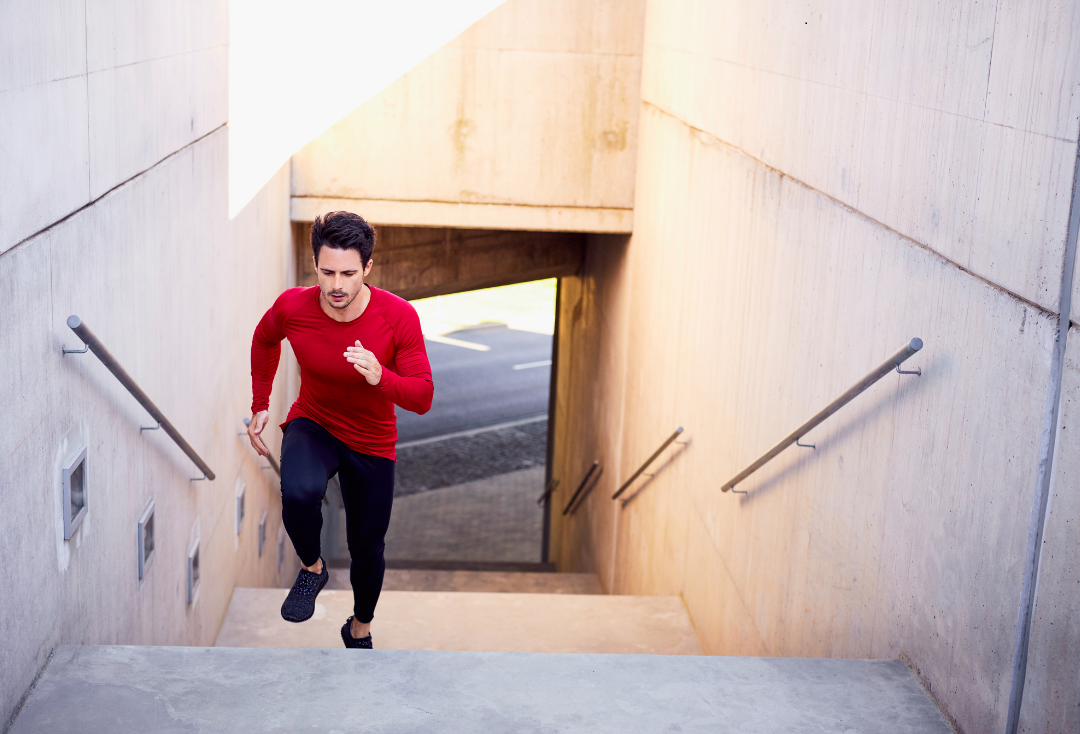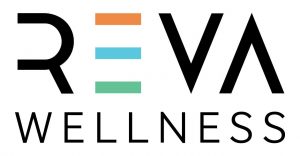Brought to you by Reva Wellness
Everyone knows that exercise is pretty awesome, but so there is no confusion about why it’s important, what it is and how much you need we have it all laid out.
Introduction to Exercise

Exercise is a key feature in corporate health and wellbeing programs. And it’s not a façade.
It is a free* ‘medicine’ to prevent and manage diseases as well as a major ingredient in achieving super-human powers (strength, speed, memory).
In case you don’t believe me, or if you have some friends, co-workers, employees or employers who still need some convincing, please read on…
What is Exercise?
Exercise is “a physical activity performed for the purpose of athletics or health.”
Physical Activity is “any bodily movement produced by skeletal muscles that require energy expenditure (above resting).”
Benefits of Exercise and Physical Activity

Exercise benefits our health, both physically and mentally.
Exercise has more uses than just weight management. Fitting regular physical activity and exercise into your weekly, and daily, routine is associated with a significant decrease in developing chronic diseases such as diabetes, cardiovascular disease (e.g. heart attack and stroke), metabolic syndrome (including blood pressure, sugar and cholesterol levels), as well as some cancers (bladder, breast, colon, endometrium, kidney, and stomach). Exercise also strengthens the immune system.
Exercise is beneficial for any age and any level of fitness, but particularly as we get older, and the older we get the quicker we seem to get old, especially if you’re not looking after your body! It is true that with age our body begins to break down, hairs go grey, muscles get weak. I haven’t figured out how to stop they grey hairs but muscle, as well as bone strength, can increase with exercise, reversing or at least slowing down the effects of age! The right exercise has also been shown to assist in energy and fatigue levels.
The lesser known powers of exercise are the brain benefits! Exercise can help focus and stimulates neuroplasticity, essential for learning and memory. Plus, sufficient physical activity can improve sleep quality as well as the ability to fall asleep.
Some benefits can occur immediately such as sleep, blood pressure, blood sugar levels and mood improvements. Though as with most medicines, to maintain and continue the benefits this medicine needs to be continued, preferably daily.
How much Exercise?
There’s been a lot of research conducted to find the optimal level of physical activity for health. Currently, the recommendation is:
- 150-300 minutes of moderate-intensity aerobic exercise per week or at 75-150 minutes of vigorous-intensity aerobic exercise per week (Spread out during the week!).
- Strength training at least 2-3 times per week.
- 10,000 steps per day
BUT as the Physical Activity Guidelines Advisory Committee (2018) stated: “There is no threshold that must be exceeded before benefits begin to occur.”
i.e. Anything is better than nothing.
It’s also important to note that more is not always better, particularly of vigorous-intensity!
Measuring Intensity

Self-rated scale
On a scale of 0-10, where 0 is rest and 10 is the greatest possible effort:
Moderate Intensity: 5-6/10
Vigorous Intensity: 7-8/10
Sing Test
Rest/Light Activity: Able to sing
Moderate: Able to talk but not sing
Vigorous: Definitely can’t sing and talking is difficult
Heart Rate
Moderate: 40-60% Heart Rate Reserve (HRR)
Vigorous: 60-85% Heart Rate Reserve (HRR)
Note: Heart Rate Reserve (HRR) is a little different to your regular Heart Rate (HR) like you would see on an Apple Watch or other Heart Rate Monitor. We like it a little better. You can calculate your HRR here.
For more information you can check out our previous blogs:
- Tips to increase physical activity
- Effects of inactivity
- Cancer and Exercise
- Chronic Fatigue and Exercise
- PTSD and Exercise
Happy Exercising!

Biara Webster
Exercise Physiologist and Writer/Content Manager




